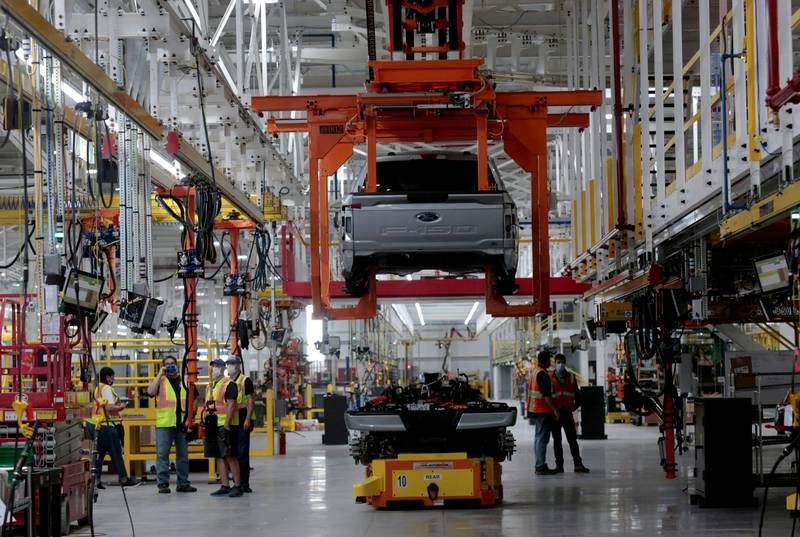Semiconductor shortage to drive 50% of top 10 car makers to design their own chips by 2025

The global semiconductor shortage, sparked by the pandemic, will drive nearly 50 per cent of the top 10 carmakers to design and produce their own chips by 2025, according to a new report.
Supply chain disruptions, severe chip scarcity and trends such as electrification of vehicles and autonomy will propel automotive original equipment manufacturers (OEMs) to reduce their reliance on traditional chip makers. This will give carmakers more control over their product road map and supply chains, Connecticut-based technology research and consulting company Gartner said in its latest report.
“Automotive semiconductor supply chains are complex,” Gaurav Gupta, research vice president at Gartner, said.
“In most cases, chip makers are traditionally tier 3 or tier 4 suppliers to automakers, which means it usually takes a while until they adapt to the changes affecting automotive market demand. This lack of visibility in the supply chain has increased automotive OEMs' desire to have greater control over their semiconductor supply,” said Mr Gupta.
Semiconductors are important components in electronic devices and particularly in electric and self-driving vehicles. They are used to manage functions such as navigation and parking, and for monitoring engine performance.
However, chips are expected to remain in short supply in the coming months, industry experts say. The worldwide semiconductor shortage is expected to persist through this year and is only expected to recover to normal levels by the second quarter of next year.
Global chip sales are forecast to surge 8.4 per cent this year from last year's total of $433bn, according to the Semiconductor Industry Association. This is up from 5.1 per cent growth in 2020.
Carmakers, particularly, have been hit as the lack of chips has halted production in factories across the world. In the past, semiconductor chip foundries – such as TSMC, GlobalFoundries and Samsung – have provided access to cutting-edge manufacturing processes, and other semiconductor vendors have given access to advanced intellectual property that makes custom chip design relatively easy.
Last month, GlobalFoundries – the world’s third-largest semiconductor manufacturer, owned by Abu Dhabi’s Mubadala Investment Company – partnered with Ford to advance semiconductor manufacturing and technology development in the US.
As per the agreement, GlobalFoundries will create further semiconductor supply for Ford’s current vehicle line-up and joint research and development to address the growing demand for feature-rich chips to support the car industry.
In April, Intel – the world’s largest chip maker by revenue – said it was in talks with companies that design components for carmakers to allow them to manufacture chips inside Intel’s factory network.
“We also anticipate that the lessons learned from the microchip shortage will further drive automakers to become tech companies,” said Mr Gupta.
Gartner predicted that by 2025, the average sale price of new vehicles will exceed $50,000 in the US and Germany, leading to greater repair and customisation of older vehicles.
“This price acceleration will likely shrink the overall number of sales of vehicles and increase the market for parts and upgrades as people seek to keep existing vehicles on the road longer,” said Mike Ramsey, research vice president at Gartner.
Gartner analysts anticipate that the market for new vehicles will remain flat or even decline in the face of rising prices. Meanwhile, carmakers will push new services and even upgrades of equipment and computers to extend the lives of existing vehicles.
